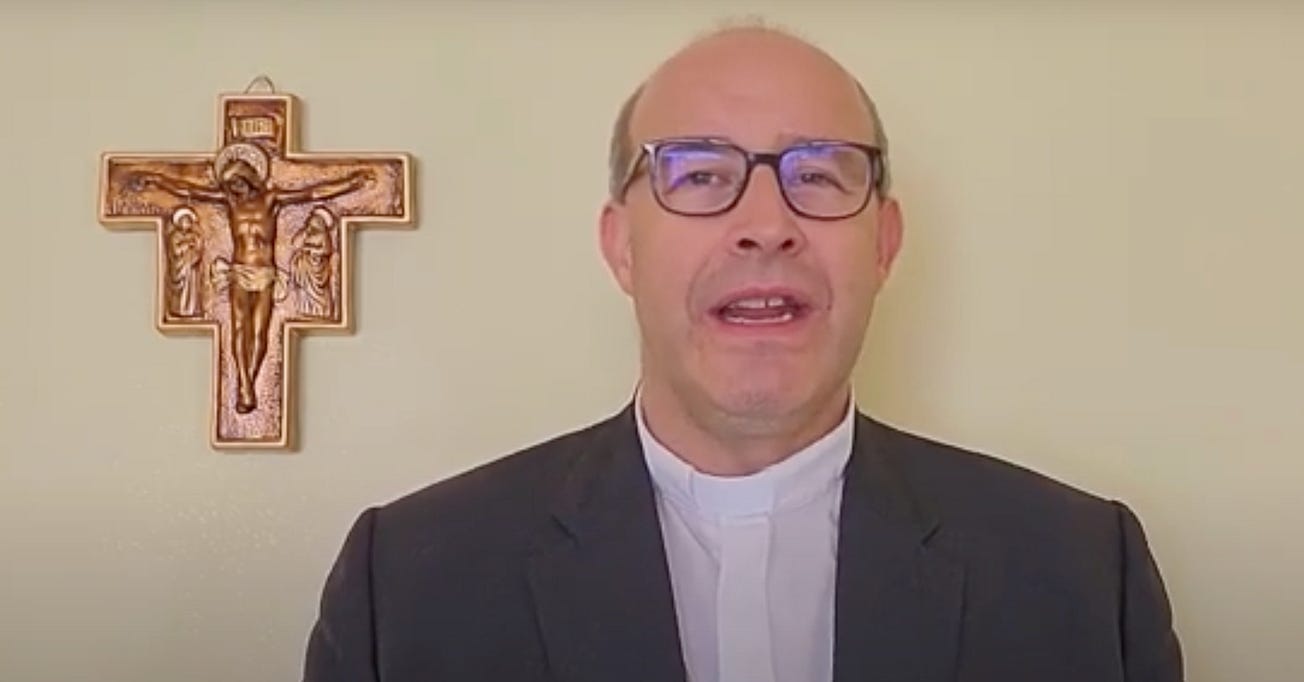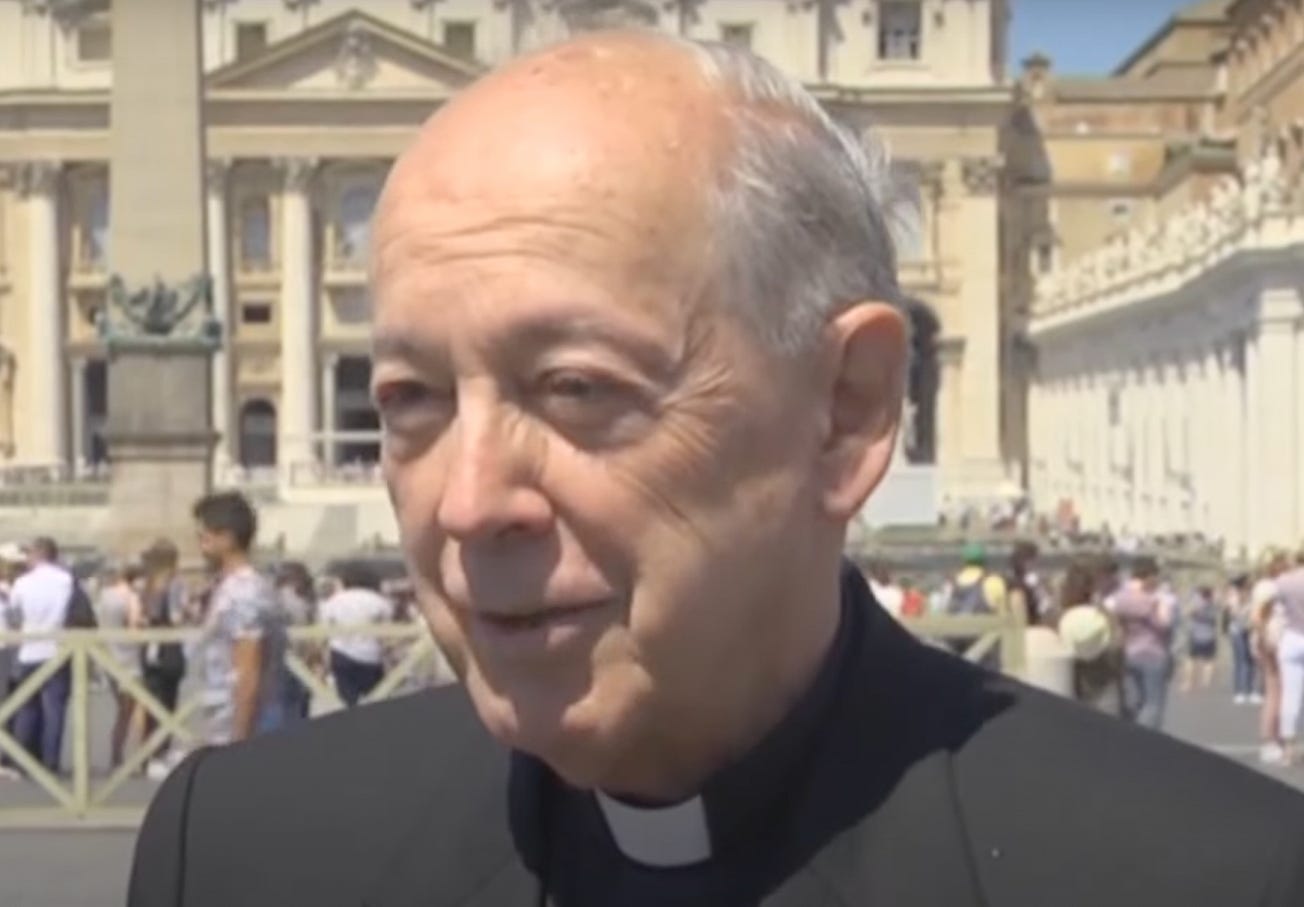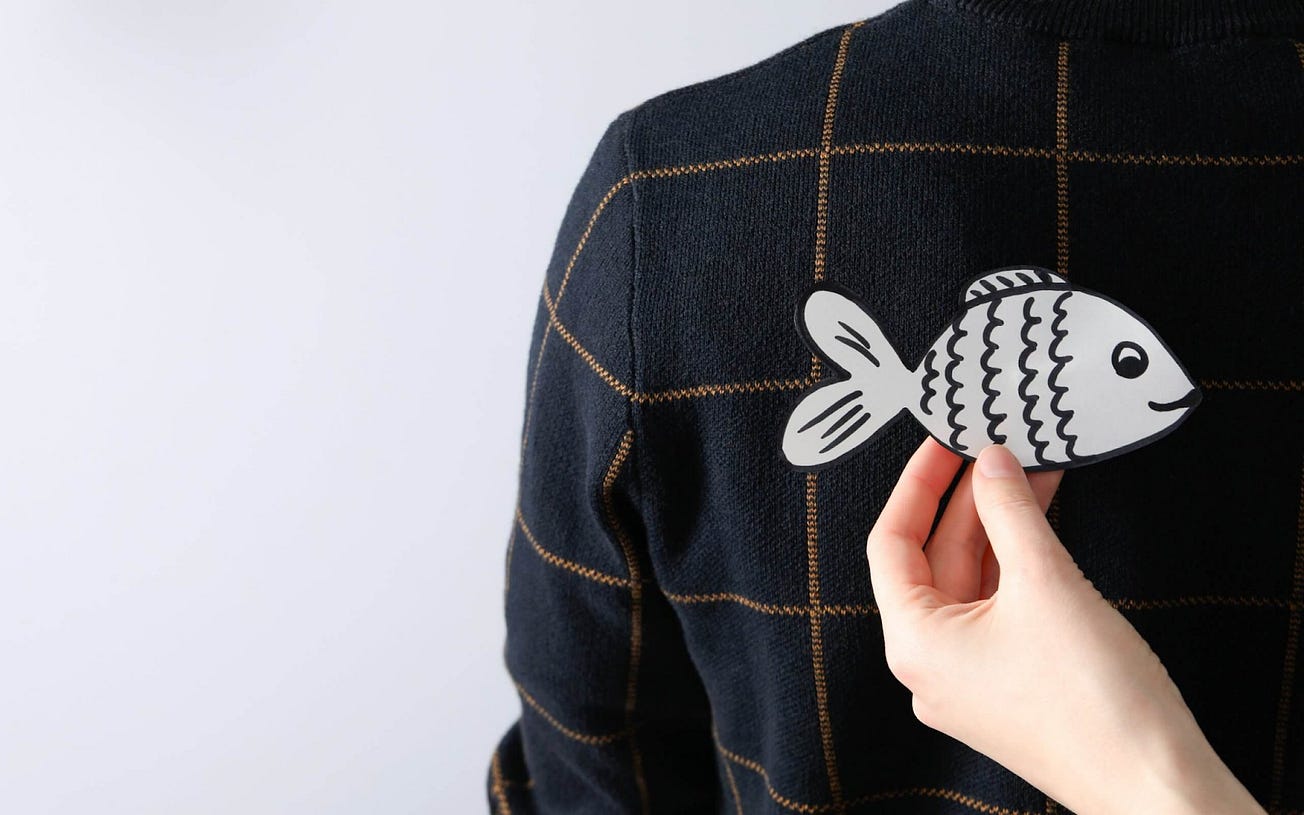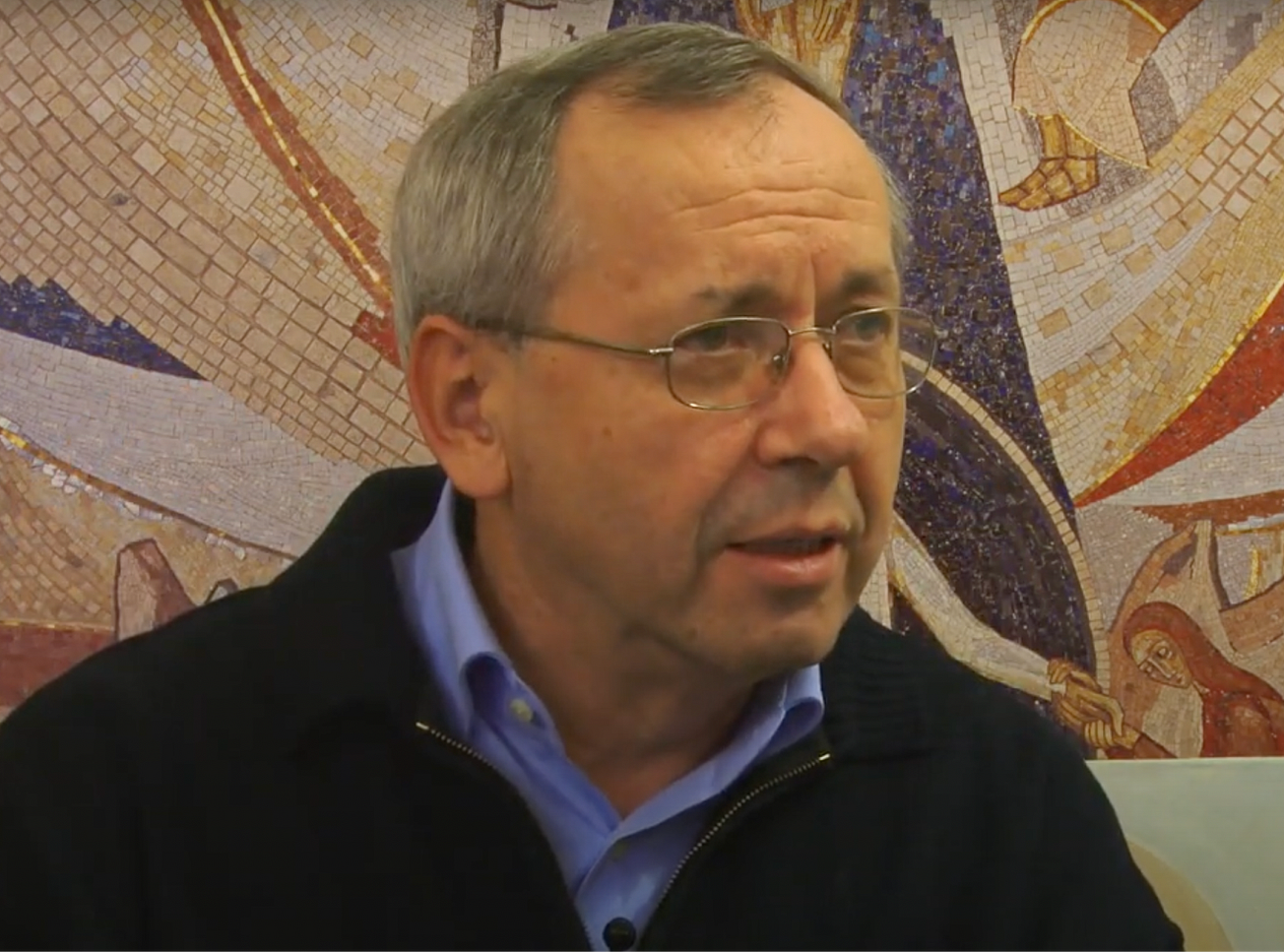A third political prisoner has died in Venezuelan government custody since a wave of arrests earlier this year, while families of political prisoners have called on the country’s episcopal conference to help them free their jailed family members.
A group of family members of Venezuelan political prisoners delivered a letter to the Venezuelan bishops’ conference on December 11, imploring the conference to make a statement asking for the release of political prisoners in the country.
Meanwhile, other activists in the country have urged the bishops’ conference to push for the release of political prisoners and refugees.
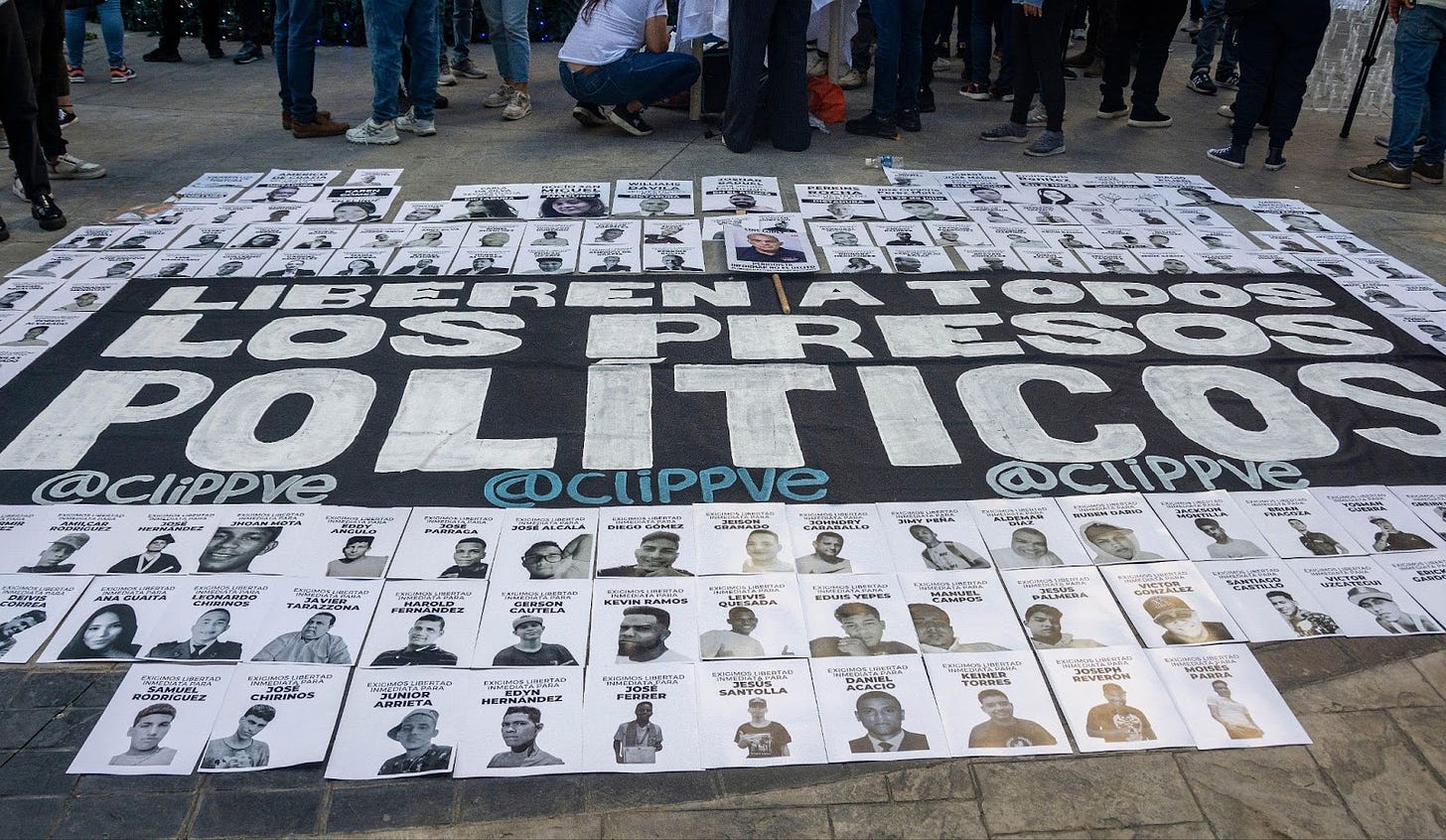
Protests erupted in Venezuela after a July 28 presidential election that was widely denounced as fraudulent. Venezuelans took to the streets to demand that Nicolas Maduro’s regime publish full electoral results and acknowledge its defeat.
The protests were met with violence, with almost 20 people killed and hundreds more arrested.
Many of those arrested during the protests are still in custody. In many cases, they have not had charges pressed against them.
According to local NGO Foro Penal, there are 42 teenagers among the political prisoners.
Diego Casanova, a spokesman for Clippve - the Committee for the Freedom of Political Prisoners in Venezuela - said this month that bishops in the country should speak out.
In a December statement, the group urged “a clear and forceful statement about the release of political prisoners from the bishops, as well as concrete actions to support their families.”
Casanova’s brother, José Gregorio Pérez, was arrested on July 29.
In particular, Casanova urged that calls for freedom be heard in the liturgical celebrations surrounding Christmas - especially the traditional aguinaldo Masses.
Aguinaldo Masses are a special concession for the Venezuelan church given by Pope Leo XIII in 1888. The Masses are held during the Christmas novena, from December 16 to 24. Leo XIII allowed for the use of parranda music in the Masses, white liturgical vestment instead of purple, and the use of the votive Mass of the Blessed Virgin Mary, even though the liturgical calendar indicates otherwise.
Aguinaldo Masses hold a special cultural significance in Venezuela. They are typically held in the streets of local communities, as the attendance far surpasses the capacity of local church buildings.
Casanova and other family members of political prisoners delivered a letter last week making their request to Fr. Rafael Bitter, undersecretary of the Venezuelan bishops’ conference.
The families told Bitter their incarcerated family members have been abused in government custody, and that visits have been heavily restricted. They requested that the country’s bishops release a statement of support and work to facilitate a meeting with the families of political prisoners.
Bitter said the conference is already speaking out on the issue and promised to deliver the group’s letter to the president of the conference.
In a public statement, Bitter said the group’s requests were “valid, but above all, very humane, because we’re not talking about locked-up animals, but people.”
He also called on the Venezuelan government to free the prisoners so they could spend Christmas with their families.
“In the bull announcing the Jubilee year, the pope called on the governments of the world to have a gesture of solidarity and fraternity freeing the prisoners, especially the political prisoners,” he noted.
“It’s not the same to see them for 20 minutes as it is to have them at home and be able to embrace them, give them a kiss, and enjoy a Christmas dinner with their families.”
The Pillar contacted Archbishop Jesús González Zárate of Valencia, president of the bishops’ conference, regarding the letter.
González Zárate confirmed the reception of the letter and said that “the spirit of the letter is that we help them in anything within our reach.”
Reports of deaths among Venezuelan political prisoners in government custody have been on the rise in recent months, prompting national outcry against the regime.
Jesús Manuel Martínez was detained on July 29, after serving as an electoral witness in the July elections. According to reports, he was mistreated by the authorities and did not receive medical attention for his diabetes during his time in prison. He developed an infection in his leg that required its amputation, and died on November 14 from the complications of his illness.
Jesús Rafael Álvarez was detained on August 2 and died on December 12 in police custody. His family claims that when they received his body, he was unrecognizable — his face was swollen from punches and his body abnormally thin.
On December 16, Osgual Alexander González died in government custody. He and his 19-year-old son had been detained on July 28. Different NGOs reported that González was hospitalized in December, after the family had complained he needed medical attention due to a strong abdominal pain. According to the reports, he was misdiagnosed with a nephritic colic but had hepatitis, and died as a result.
The Venezuelan bishops are also facing calls to support another group of politically persecuted activists.
On March 20, eight activists of the Vente Venezuela –the most significant opposition party in the country– were accused of terrorism by the Venezuelan regime. All eight took refuge in the Argentinian embassy.
Since then, the regime has severed diplomatic relations with Argentina, a move which put the embassy under the protection of the Brazilian state. The eight activists taking refuge in the embassy building have suffered from power and water outages, with police and military forces threatening to break into the embassy.
In late November, the activists wrote a letter to the bishops’ conference and the country’s apostolic nuncio, asking the bishops to make a statement of support, and to help broker a deal for their release.
According to a source close to the case, the conference acknowledged to the activists that it had received their letter, but did not give any additional response, and the nunciature did not reply at all.
One of the activists in the embassy, Magalli Meda, posted December 1st on twitter.com, “We’ve been here almost 9 months and the hierarchy of our Church looks away and is mute.”
“All are afraid, caring for their own interests and projects, living like this is immoral ... I regret the inaction of each and every one of these men ‘of God’ that, in practice, are not,” Meda continued.
Two days later, Fr. Bitter, said that the situation in the embassy was ‘inhumane.’
“It’s inhumane to cut the power, the water. They should be treated as humans,” he said.
In an interview with local TV station NTN24, Bitter said the bishops’ conference wanted to show its support for the activists and asked for the end of the siege.
“Allow us to meet [this Christmas] in family, without tears, in peace and tranquility. That [the government should] also think about what our people need, to spend Christmas like this is painful and sad,” he said.
However, the source close to the situation told The Pillar that those statements of support have not materialized into any concrete action.
“We know that Cardinals [Diego] Padrón and [Baltazar] Porras, have been following the situation closely, but both are retired, so they have a limited capacity. But the [bishops’] conference has kept itself away from the situation and has been very weak, with an attitude of ‘we can’t do anything here’.”
The source noted that in Venezuela, the apostolic nuncio is a role that comes with a certain level of influence and status among the ambassadors assigned to the country, serving as the dean of the diplomatic corps.
But the current nuncio, Archbishop Alberto Ortega Martín, has seemingly not used that power to steer support, the source lamented.
“There’s a lot of pressure on the diplomatic corps that if they help these people, Venezuela will sever diplomatic ties, declare them persona non grata, and so on, so that has limited the interaction with other embassies and the nunciature.”
“A lot of people tell them that they support them, but no one does anything or says anything, it’s tragic…Many local priests have shown their support and sent their prayers, but they don’t have a level of influence over the bishops’ conference to do anything.”

